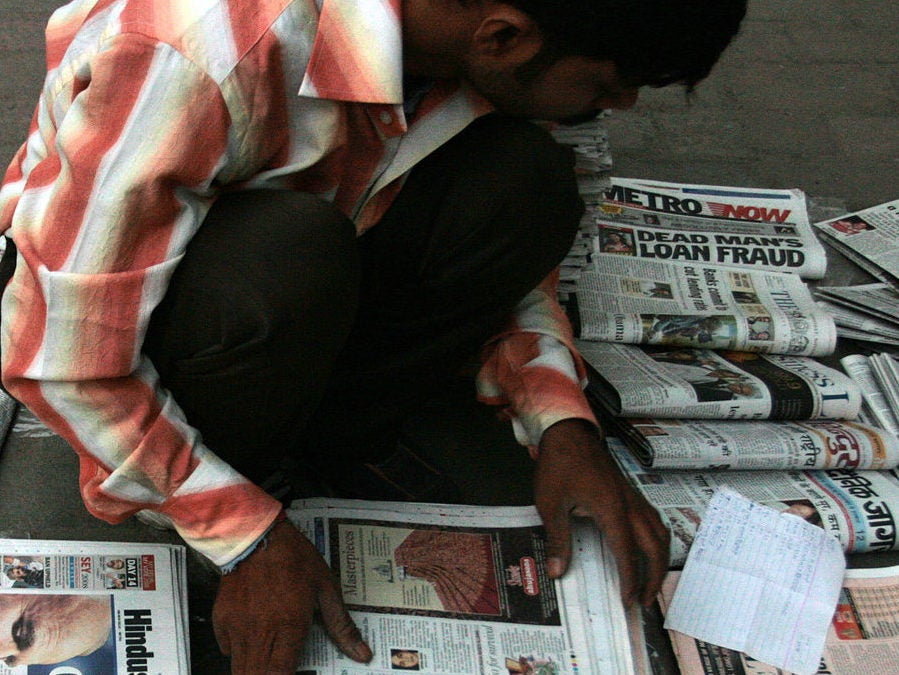
Indian journalism has a strong claim to be the most important journalism in the world. It is still partly free, but increasingly fragile.
US papers and TV channels are routinely vilified by President Donald Trump, and this is both an astounding and a serious matter. So why is India more concerning?
Because the US news media can take care of themselves. And in doing so, take care of the business of truth seeking and telling.
India’s news media, with brave exceptions, are not in that position. The formidably disciplined prime minister, Narendra Modi, came to power in 2014, a deserved victory. But in power, Modi made clear that he believes the media need calling to heel.
Hence the litany of proprietors suppressing what might annoy him and the harassment of those who still seek to get out some version of the truth.
The phenomenon is familiar: I saw it in Russia, as Vladimir Putin closed in on a chaotic but relatively free journalism.
Modi cannot shoulder all the blame. Corruption – coverage bought by politicians and corporate leaders – long predates him, but has not diminished. The hundreds of news channels, which claim to hold power to account, more often provide space for shouting bouts.
Poverty, violence against women and discrimination against the Muslim minority are often unreported because they are not part of the dominant narrative. The desire of owners, at every level, to pander to the powers that be, seeking to profit by doing so, is too strong.
India claims to be the world’s largest democracy. It is one still: governments change in broadly free elections; opposition can be fierce; the media are curbed but not silenced.
The trend, however, is negative. And for what will be soon the world’s largest state, with a prime minister tending to the authoritarian, that matters greatly.
John Lloyd is a contributing editor to the Financial Times and an author.
This piece first appeared in the latest issue of the Index on Censorship Magazine.
Picture: Flickr/Carol Mitchell
Email pged@pressgazette.co.uk to point out mistakes, provide story tips or send in a letter for publication on our "Letters Page" blog
